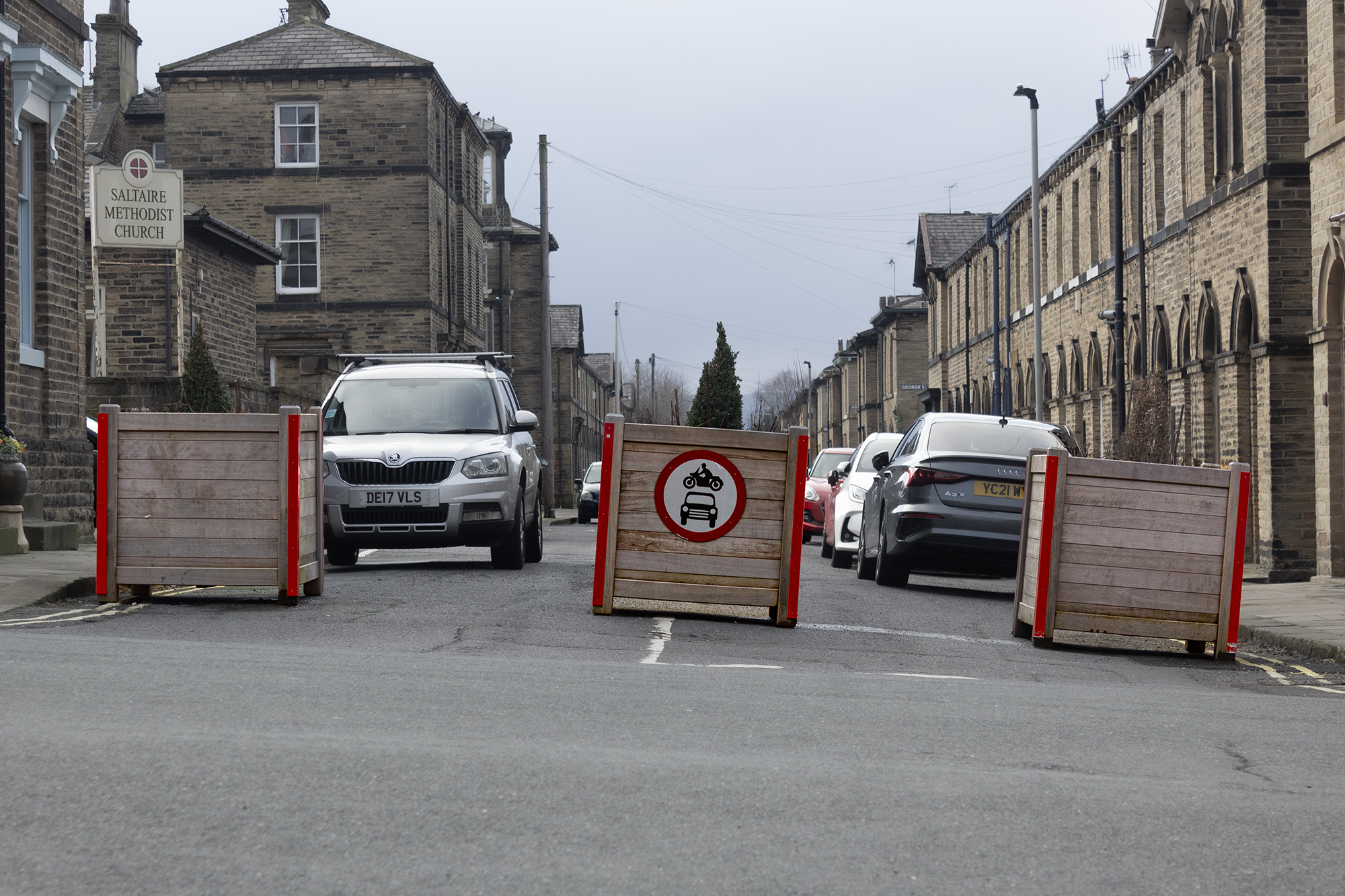
UK Policy Briefing: Democratic deficits, disinformation and low traffic neighbourhoods
Over the past 18 months, disinformation surrounding Low Traffic Neighbourhoods (LTNs) has erupted with a marked rise of conspiracy theories online. Rumours swirl of shadowy elites forcing 15-minute city climate lockdowns in local communities and of councillors undemocratically installing surveillance regimes on motorists.
This deterioration in quality of debate plays out offline too. In Rochdale planters have been set alight, while councillors in Enfield have received death threats and neo-Nazi groups in Oxford have joined rallies and called residents ‘guinea pigs’.
This UK Policy Briefing provides an overview of findings specifically for UK-based policy-makers and politicians from our in-depth report, Driving Disinformation, published earlier this year in partnership with the Public Interest News Foundation (PINF), which considered:
- How do disinformation campaigns weaponise and amplify existing social divisions in local communities?
- What is the role of local information ecosystems in challenging this?
At the start of a new government with the challenge of implementing radical planning reforms and rebuilding trust in politics, this paper highlights the deep work needed across the country to restore local relationships and enable future policies to succeed with and for our communities.
